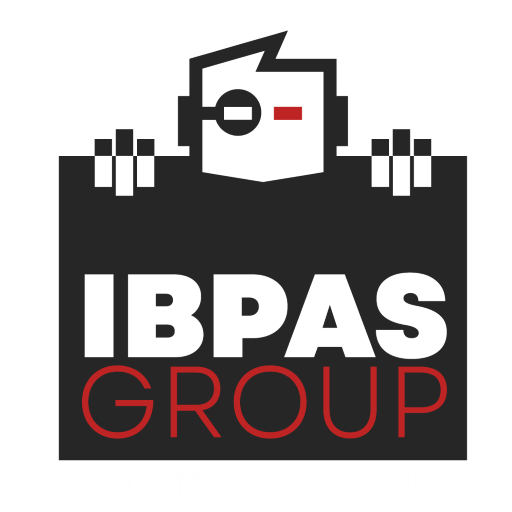Facilities Services Industry
Introduction:
The advancements in technology have always had a profound impact on various industries, and the facilities services sector is no exception. Among the most transformative technologies are Robotic Process Automation (RPA), Artificial Intelligence (AI), and Intelligent Document Processing (IDP). This blog post will explore how these innovative technologies can be leveraged in the facilities services industry.
Robotic Process Automation (RPA)
RPA technology can automate repetitive, rule-based tasks, which are common in the facilities services industry. Here are a couple of practical use cases:
-
Routine Maintenance Scheduling: RPA can automate the process of scheduling regular maintenance activities, such as cleaning, repairs, and inspections. This reduces the administrative burden and ensures that no tasks are overlooked.
-
Invoice Processing: RPA can help in the automation of invoice processing, reducing errors and speeding up the payment cycle. This is particularly beneficial for facilities services companies dealing with a high volume of invoices.
Artificial Intelligence (AI)
AI’s ability to learn and make predictions can have significant benefits in this industry. Here are a few examples:
-
Predictive Maintenance: Using AI algorithms, facilities services can predict when equipment or systems are likely to fail. This allows for proactive maintenance, reducing downtime and saving costs.
-
Energy Management: AI can optimize energy use in buildings by learning usage patterns and adjusting heating, cooling, and lighting systems accordingly. This can lead to significant energy savings.
Intelligent Document Processing (IDP)
IDP uses AI to extract and understand information from unstructured documents. In the context of facilities services, this can be useful in many ways:
-
Contract Analysis: IDP can be used to extract essential information from service contracts, like dates, parties involved, and key obligations. This can speed up contract review and reduce the chance of oversight.
-
Work Order Processing: With IDP, work orders can be processed faster and more accurately. The technology can extract relevant information, such as the type of service requested, the location, and the requested completion date, reducing the manual work involved in order processing.
Conclusion:
By embracing RPA, AI, and IDP, the facilities services industry can optimize operations, improve efficiency, and ultimately provide better service to clients. While these technologies require investment, the potential returns are significant, making them a worthwhile consideration for any forward-thinking facilities services provider.

